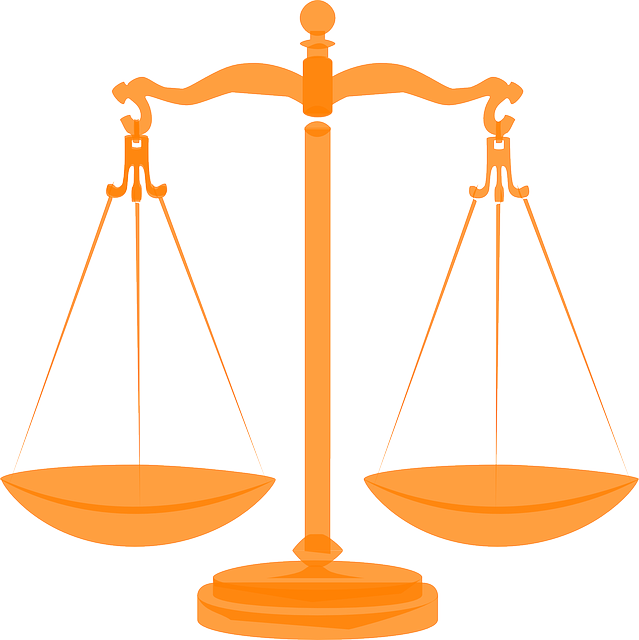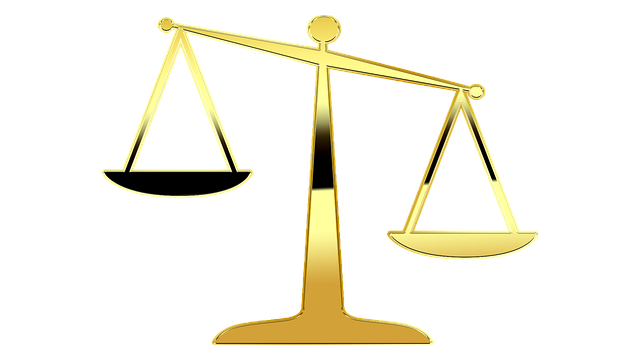Public corruption charges, including bribery and abuse of power, have severe economic and reputational impacts on individuals and businesses. Class action lawsuits offer a strategic way to hold accountable those who exploit their power. Eligibility for these lawsuits requires demonstrating shared experiences and harms, with the goal of compensation, deterrence, and promoting transparency in governance. Understanding specific eligibility requirements, based on allegations, jurisdiction, and potential impact, is crucial for successful navigation of this complex legal process. Proactivity, including staying informed and consulting specialized attorneys, enhances success rates.
“Public corruption charges are a serious matter, undermining societal trust and integrity. This article delves into the intricacies of understanding these charges, their profound impact on communities, and the potential for collective action through class action lawsuits. We explore how individuals affected by public corruption can seek justice by examining specific eligibility requirements for joining or initiating such lawsuits.
Key steps after filing are also outlined, guiding readers navigating legal complexities to ensure a robust pursuit of accountability.”
- Understanding Public Corruption Charges: Definition and Impact
- Class Action Lawsuits: A Collective Approach to Justice
- Eligibility Requirements: Who Can File a Claim?
- Navigating Legal Complexities: Steps After Filing
Understanding Public Corruption Charges: Definition and Impact
Public Corruption Charges refer to allegations of illicit behavior by public officials or those in positions of power within government institutions. This includes acts such as bribery, fraud, abuse of office, and misappropriation of public funds for personal gain. Such charges carry significant weight as they undermine the integrity of governance, erode public trust, and can lead to severe economic consequences for respective businesses and communities.
Understanding these charges is crucial when considering Class Action Lawsuit Eligibility Requirements. Many individuals and companies affected by public corruption may have grounds to seek justice through legal avenues. Avoiding indictment in cases of white collar and economic crimes is a primary concern for those involved, as the impact can be devastating. The consequences extend beyond financial losses; they disrupt business operations, tarnish reputations, and may even lead to organizational restructuring or closure. Prompt action and robust legal representation are essential to navigate these complex matters effectively.
Class Action Lawsuits: A Collective Approach to Justice
In the fight against public corruption, a powerful tool has emerged – the class action lawsuit. This collective legal approach allows for a unique strategy to hold accountable those who have abused their power and inflicted harm on communities. When individuals or groups share similar experiences of corruption-related injuries, they can join forces and file a class action lawsuit. This collective action not only amplifies the impact but also ensures that resources are utilized efficiently, especially when dealing with complex cases.
The eligibility requirements for participating in a class action lawsuit vary based on jurisdiction, but typically, it involves demonstrating commonality among plaintiffs’ experiences and injuries. This may include financial losses, violations of rights, or specific harm caused by corrupt practices. An experienced legal team can guide both corporate and individual clients through this process, ensuring their voices are heard. With an unprecedented track record in securing justice, these lawsuits have the potential to not only compensate victims but also send a powerful message, deterring future unethical behavior and fostering transparency.
Eligibility Requirements: Who Can File a Claim?
When it comes to filing a claim for public corruption charges, understanding the eligibility requirements is crucial. Generally, individuals or groups who have been directly affected by corrupt activities can file a lawsuit. This includes anyone who has suffered financial loss or harm as a result of corrupt practices within government agencies or by public officials. The focus here is on ensuring transparency and accountability in governance.
Class action lawsuits are a common avenue for such cases, where a large number of individuals with similar claims band together. This collective approach not only amplifies the impact but also streamlines the legal process. Across the country, there has been a rise in citizens taking proactive measures against corruption by leveraging general criminal defense strategies throughout all stages of the investigative and enforcement process. These efforts underscore the growing demand for checks and balances in public governance.
Navigating Legal Complexities: Steps After Filing
After filing public corruption charges, individuals or groups interested in a class action lawsuit must carefully navigate the legal complexities involved. The first step is to thoroughly review the eligibility requirements for such a lawsuit. This includes understanding the specific allegations, jurisdiction, and potential impact on the respective business or entities under scrutiny. A general criminal defense strategy may not be sufficient; specialized knowledge of white-collar crime and public corruption laws is essential.
At each stage of the investigative and enforcement process, it’s crucial to stay informed and proactive. This involves closely monitoring legal developments, participating in discovery processes, and gathering evidence that supports the claims. Consulting with experienced attorneys who specialize in class action lawsuits and public corruption cases can significantly enhance the chances of a successful outcome. Ensuring compliance with all legal requirements is paramount to move forward in this complex and challenging but potentially game-changing process.
Public corruption charges can have profound effects on communities, undermining trust and impeding progress. While navigating legal complexities can be daunting, understanding your rights and options is crucial. Class action lawsuits offer a powerful tool for collective justice, enabling those affected by public corruption to seek redress together. By evaluating your eligibility based on established requirements, such as direct harm and jurisdiction, you can take meaningful steps towards accountability and restitution. Remember that, in the pursuit of justice, knowledge of Class Action Lawsuit Eligibility Requirements is key.






